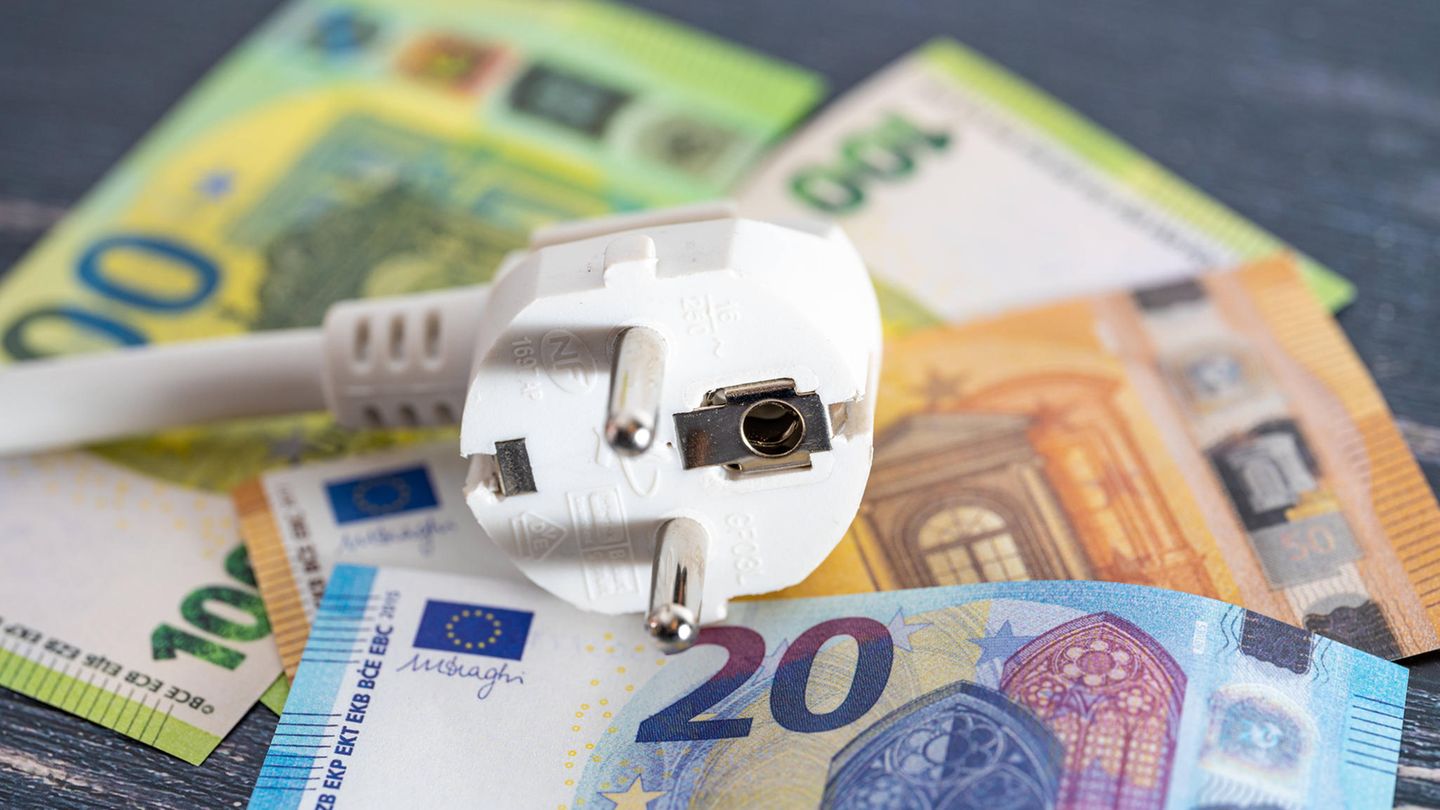Not only in Germany, but also in the rest of Europe, prices are rising thanks to inflation and reduced gas supply volumes from Russia. A hard winter is imminent. How other European countries are tackling high energy prices.
Across Europe, energy prices have risen sharply and inflation is at levels not seen in decades. Governments are reacting with a wide variety of measures to relieve the burden on citizens and companies:
Great Britain
London caps energy costs for two years: Average households will then pay a maximum of 2,500 pounds (around 2,800 euros) a year. The costs of electricity and gas for companies are to be capped at half the market price. The conservative government also wants to lower the top tax rate from 45 to 40 percent.
Spain
The socialist government in Madrid is going in the opposite direction: it has announced a tax on the wealthy from January. According to the government, “no more than one percent of the population” is affected for two years. Details have not yet been given. From 2023, energy suppliers will also have to pay an extra tax on their profits. Before that, there was already a tank discount, free local transport tickets, an increase in social security and scholarships for students.
France
In France, a price brake for gas and electricity will apply from next year. The prices may then rise by a maximum of 15 percent, the rest is taken over by the state. This should limit the increase in monthly heating costs to around 25 euros. As in the previous year, around 40 percent of low-income households are to receive an energy check for 100 or 200 euros at the end of the year.
Italy
The outgoing Prime Minister Mario Draghi announced further relief measures in mid-September. These include one-off payments for retirees and low-income earners, an extension of the energy tax cut and business aid. There was already a tank discount in early summer. To finance this, Rome wants to levy a ten percent tax on additional profits from energy companies.
Austria
In the neighboring country, every adult receives a one-time payment of 500 euros – children receive half. The payment consists of the climate bonus of 250 euros, which aims to mitigate the impact on consumers of a new carbon tax for companies, and an additional 250 euros because of the price increases. Four million low-income households also received a voucher worth 150 euros.
Netherlands
The Hague wants to reduce energy taxes from January, as well as excise duties on fuel. The child benefit should be increased. The minimum wage is set to rise by 10 percent. A reduction in income tax is planned, which will particularly benefit low earners.
Greece
Low earners are to receive a one-off payment of 250 euros in December, and more households than before are to receive a subsidy for heating costs. Since the beginning of the year, the government has spent eight billion euros to lower electricity prices. Prime Minister Kyriakos Mitsotakis has also promised an increase in pensions and the minimum wage. Athens also wants to levy a tax on additional profits from energy companies.
Source: Stern
David William is a talented author who has made a name for himself in the world of writing. He is a professional author who writes on a wide range of topics, from general interest to opinion news. David is currently working as a writer at 24 hours worlds where he brings his unique perspective and in-depth research to his articles, making them both informative and engaging.




